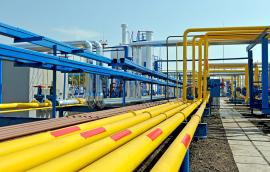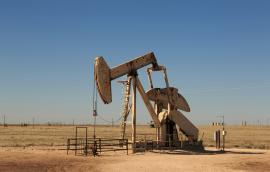Argentine Shale Developments — On Track?
The below-ground potential of Argentina’s shale oil and gas reserves is enticing for companies and investors — the country may have the second largest shale gas reserves and fourth largest shale oil reserves in the world. But the above-ground risk is a significant challenge for exploration and development. In this article, scholar David Mares examines the level of investment and activity in Argentine shale to shed light on the future pace of development of Argentina’s shale gas and oil potential.
David R. Mares November 1, 2014






